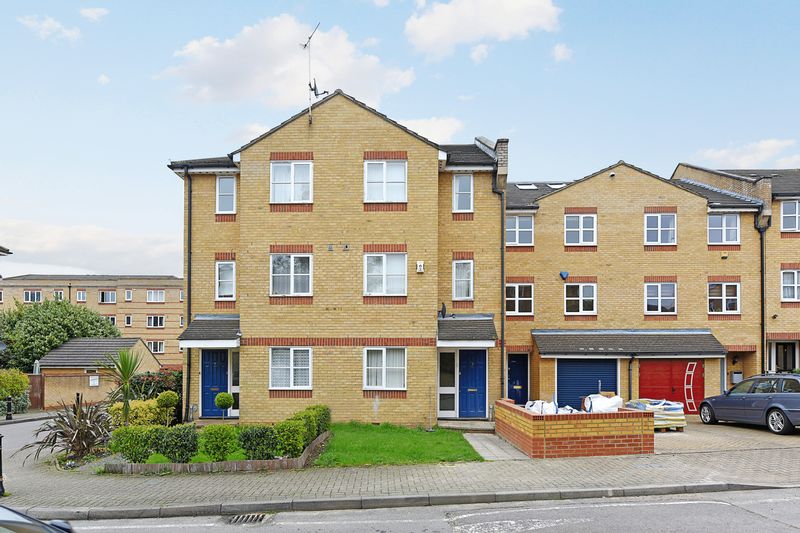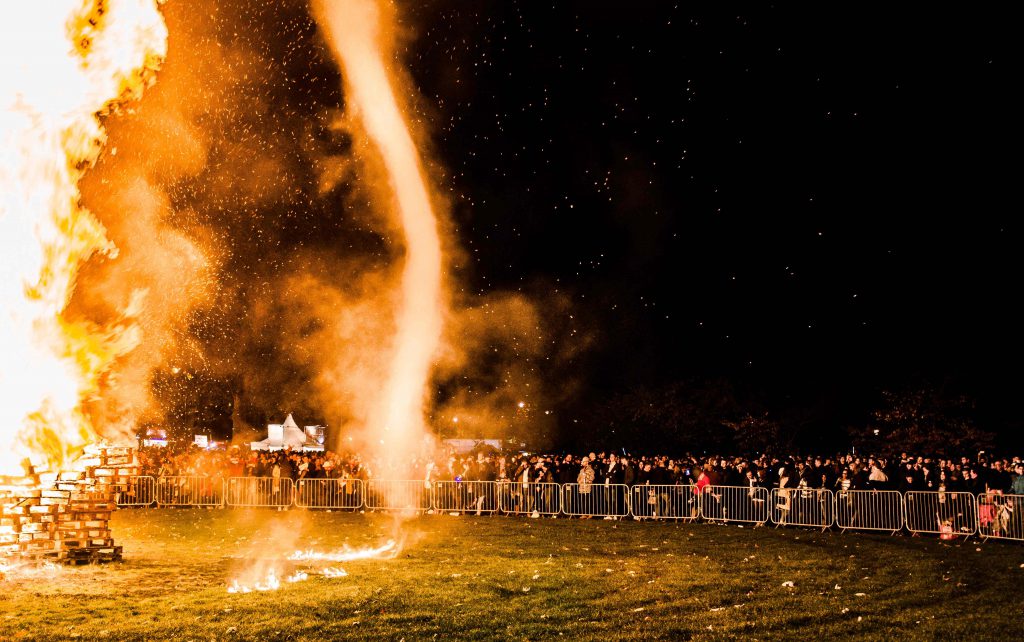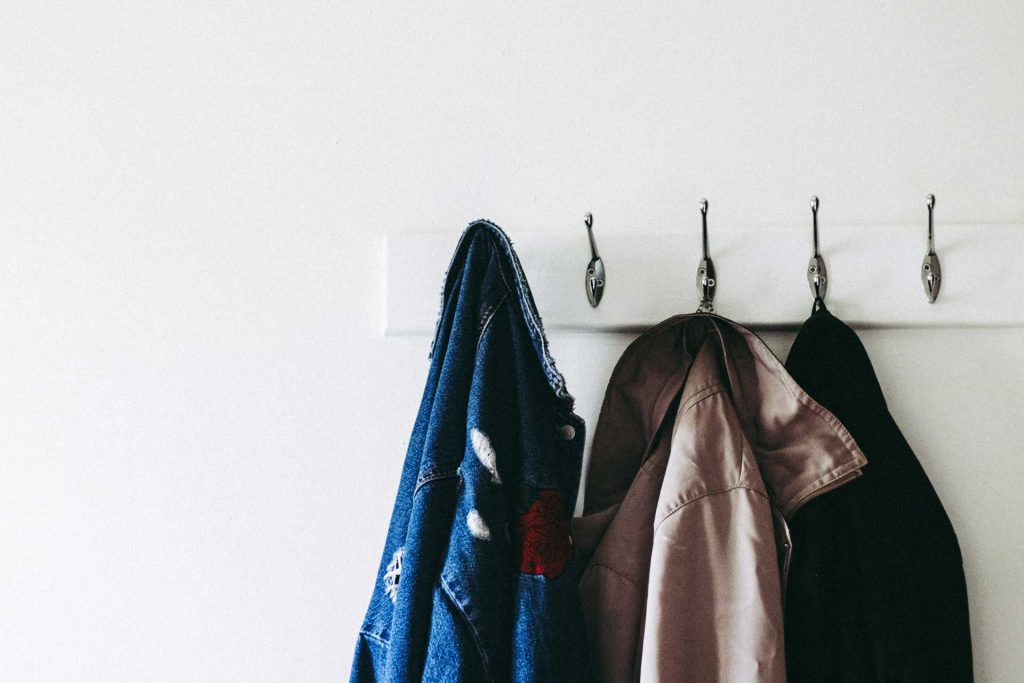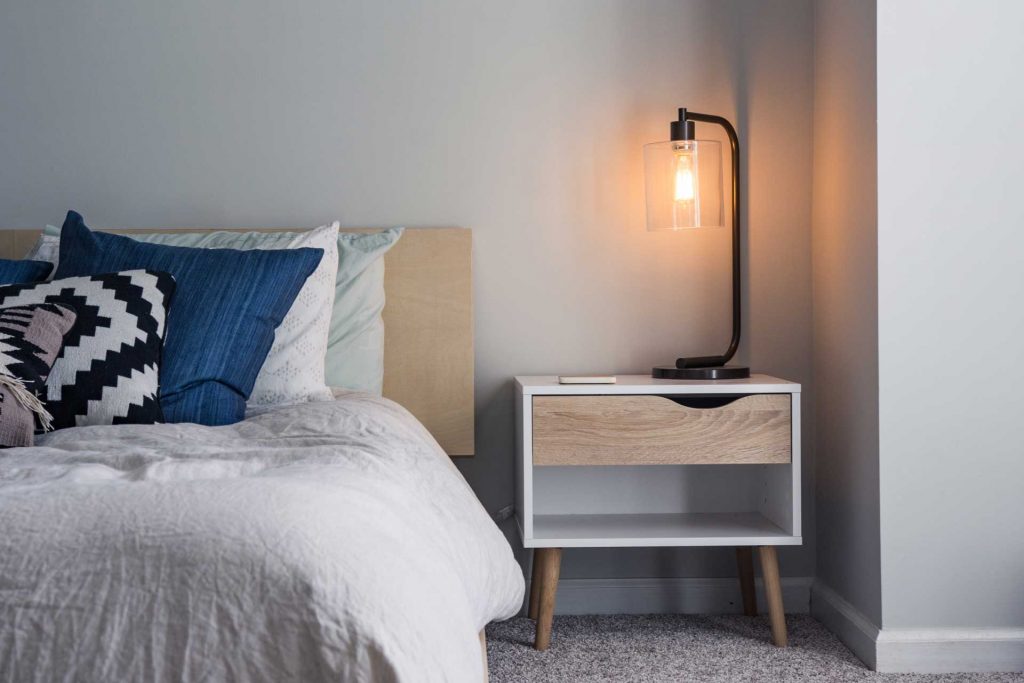This should mean more owners getting off the fence and putting their homes up for sale, resolving one of the capital’s major property problems: a lack of stock for buyers to choose from. It will not, however, help the affordability crisis, particularly as there are no signs that stamp duty will be reduced in Boris Johnson’s February Budget.
The average property in the capital has a price tag of just over £600,000 according to the final Rightmove house price index of 2019 — published this week — down half a per cent in the past year.
This is the best result Rightmove has reported in 15 months. And the number of sales is slowly starting to increase.
Miles Shipside, Rightmove’s housing market analyst, said this indicated that the market had already bottomed out even before the Conservative election victory. He forecasts that next year will see
price rises – the first in the capital since 2016 – although only a modest one per cent.
“There is now more political certainty which creates a window of opportunity for the release of some pent-up demand in the spring, and for some limited upward price momentum,”
he said.
“London’s challenging market is not just around Brexit, however, with punitive taxes and large price rises leading to stretched affordability also being major drags over the past few years.”
Most industry commentators met the election result with enthusiasm, albeit equally muted.
It is so positive for the property market more than anything, it’s uncertainty and two big uncertainties have been removed – we will have a Conservative government for the next five years and we will be leaving the EU.
Many predict an “avalanche” of property going on sale at the start of 2020, citing “four years’ worth of sellers who have been waiting for a bounce in the London market”.
Vendors and buyers might have very different views on what property is worth, with sellers expecting a “Boris bounce” and buyers still aftera Brexit bargain.
Supply is likely to rise as political uncertainty recedes and private and public spending stimulate the UK economy. This will put downward pressure on prices. However, some vendors may expect a bounce in prices, which may create a stand-off between buyers and sellers as the market re-prices.
More stock does not mean more buyers able to afford to buy it. We still have to be prepared to adjust [vendors’] price expectations. As 2019 draws to a close around a third of boroughs will end the year with annual home price increases, led by Tower Hamlets, where asking prices rose by 1.9 per cent according to Rightmove, and Barnet, Merton and Sutton, all up 1.3 per cent.
The majority of boroughs, however, are ending the year cheaper than they began it. The worst fall was seen in Brent, down 4.2 per cent, while Hammersmith & Fulham and Kensington & Chelsea saw falls of 3.6 per cent and 3.3 per cent respectively.
Let’s hope for an amazing year for 2020 and wish to take this opportunity to wish everyone a very Merry Christmas & Happy New Year.
Franklyn James









